Three reasons why you're not getting enough sleep, according to science
Here's a few things researchers say are affecting our ability to get enough quality sleep
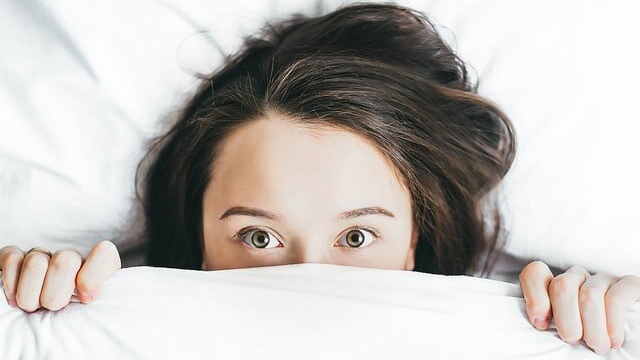

With constant distractions like Netflix and social media, worries over the state of the mid-pandemic world and lockdown restrictions putting millions of jobs at risk, it's no surprise we're getting less sleep than ever before. However, it's not always easy to figure out why, or what we can do about it.
A trio of recent studies have found three reasons why we're not sleeping well these days, along with what we can do to ensure we get better shut-eye.
- NEW: Is this weight loss superfood really all it's cracked up to be?
- PLUS: 30-minute weight loss abs workout
Why we can't sleep: Coronavirus anxiety
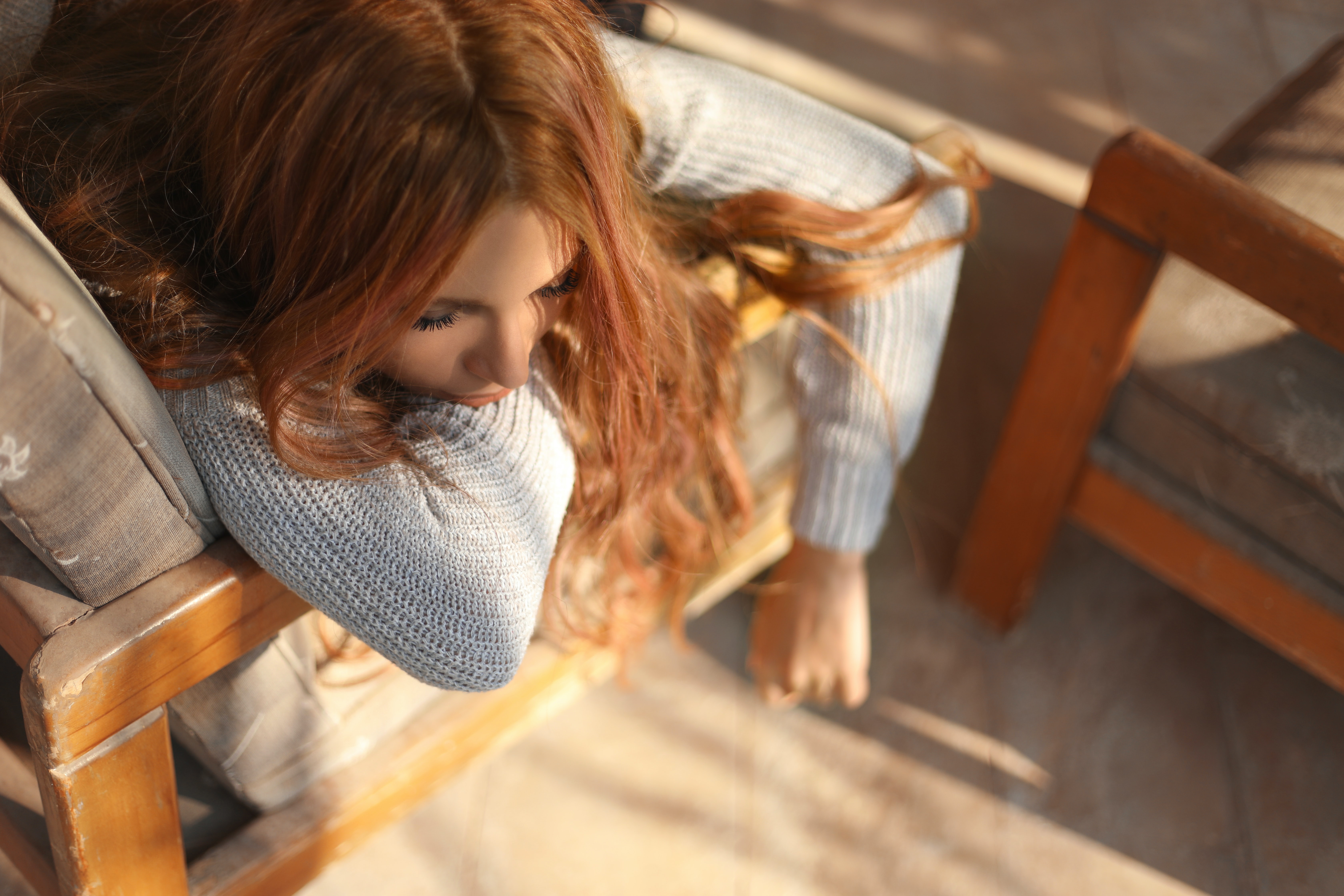
Lockdown has affected our sleeping patterns in unprecedented ways. With many areas experiencing new restrictions as part of a "second wave" of cases, lots of us are back in the same positions we found ourselves in March. In the UK, overall incidences of worry-related sleep loss was said to rise from 15.7% to 24.7%, with that national average significantly higher for women and mothers.
Prof Jane Falkingham, from the Economic and Social Research Council-funded Centre for Population Change at Southampton University, told The Guardian: “Sleep loss affected more people during the first four weeks of the Covid-19 related lockdown than it did before. We observed a large increase in the number of Britons, both men and women, suffering anxiety-induced sleep problems".
With local lockdowns and new coronavirus restrictions being implemented across the world, expect these numbers to climb back up again. To combat this night-time anxiety, you could try a weighted blanket, which has been found to be beneficial in alleviating anxious feelings and helping us to fall asleep faster.
Why we can't sleep: Caffeine, alcohol and nicotine
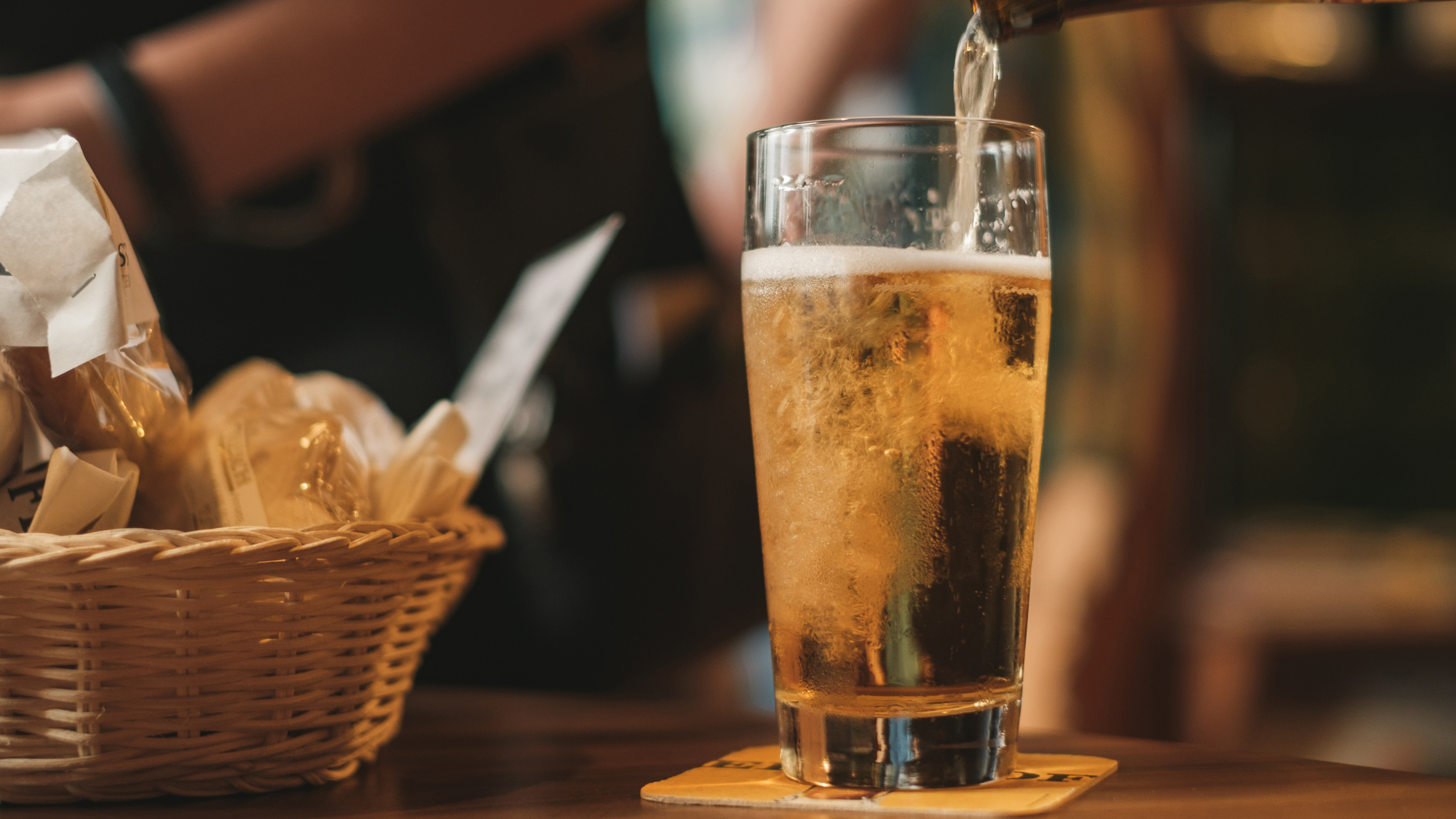
Whether you drink coffee late in the day or you like to unwind with a cigarette or nightcap after work, any (and all) of these habits might be affecting your sleep. A report by the University of North Carolina found consuming alcohol and nicotine before bed can decrease our rapid eye movement, or REM, ensuring we are less likely to drop into "deep sleep" over the course of the night. Even if the alcohol makes us initially drowsy, we have less restful bedrest because it.
Caffeine, as a stimulant, affects us in almost the opposite way: whereas alcohol makes us initially drowsy, caffeine prevents us from falling asleep in the first place. We can feel the effects of caffeine after just 15 minutes, and it remains in our system for up to six hours. With this in mind, it's best to cut off your coffee consumption at least six hours before bedtime.
Get the Fit&Well Newsletter
Start your week with achievable workout ideas, health tips and wellbeing advice in your inbox.
Why we can't sleep: Bravado
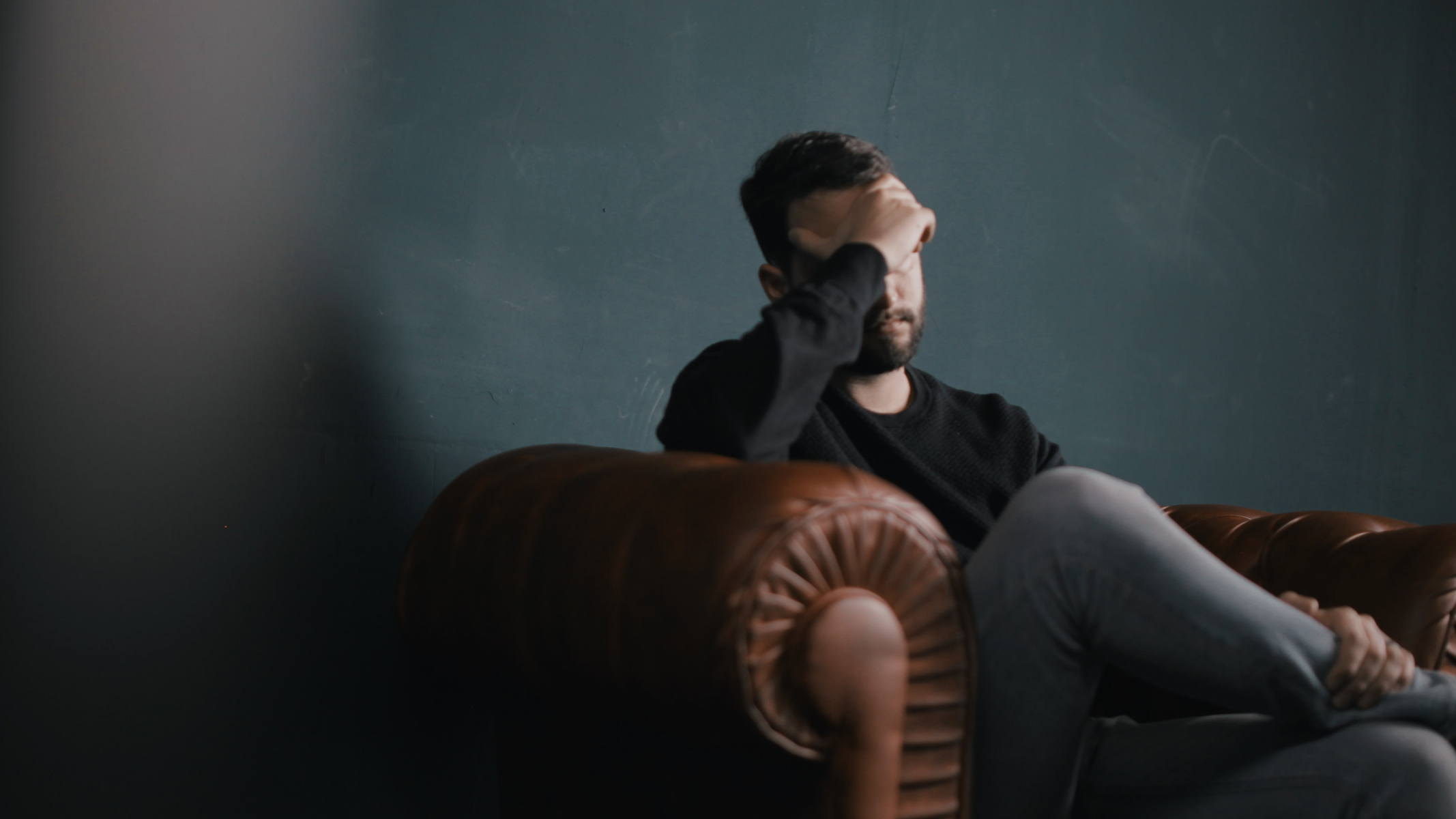
Perhaps the strangest one on this list, a very recent study from the University of Chicago found men were significantly less likely to get as much sleep than women, because it was seen as more desirable for men to function well on less sleep. The phrase used by the study's authors is the "sleep when you're dead" mindset.
The study's authors analysed why this could be, polling over 2,500 Americans to rate the masculinity levels of men and their sleeping habits, by asking the participants to rank imaginary men who got variable amounts of sleep. Most of the participants found men who slept less were perceived to be more masculine than men who slept more.
In actuality, the reverse is true, as a separate University of Chicago study found a healthy amount of sleep actually promotes the production of testosterone in men. If anything, a full eight hours of sleep will make you more manly.
Liked this?
Matt Evans is an experienced health and fitness journalist and is currently Fitness and Wellbeing Editor at TechRadar, covering all things exercise and nutrition on Fit&Well's tech-focused sister site. Matt originally discovered exercise through martial arts: he holds a black belt in Karate and remains a keen runner, gym-goer, and infrequent yogi. His top fitness tip? Stretch.
-
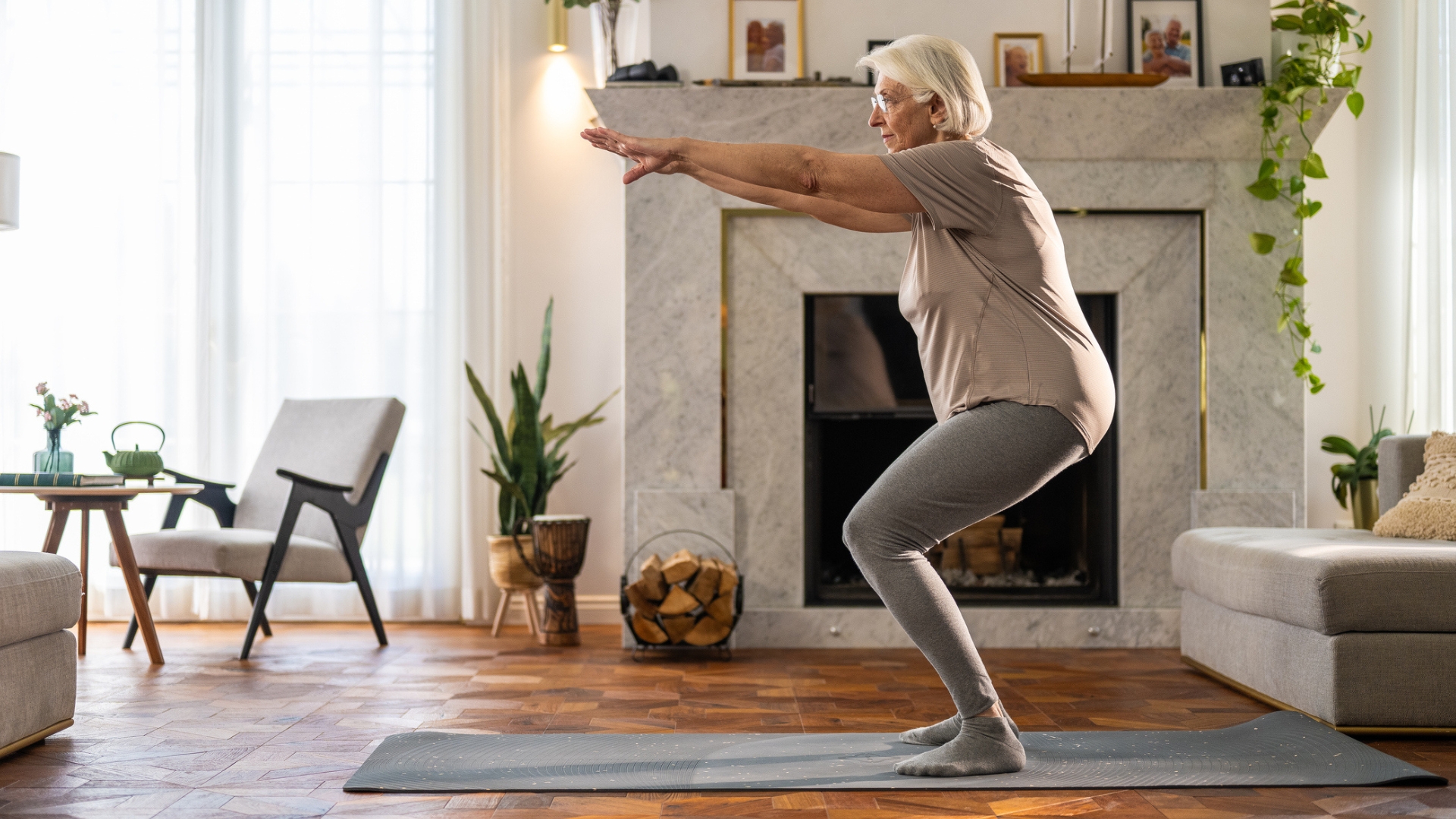 The three Pilates exercises every beginner should start with, according to an expert instructor
The three Pilates exercises every beginner should start with, according to an expert instructorA sequence that will take you no more than 10 minutes
By Alice Porter
-
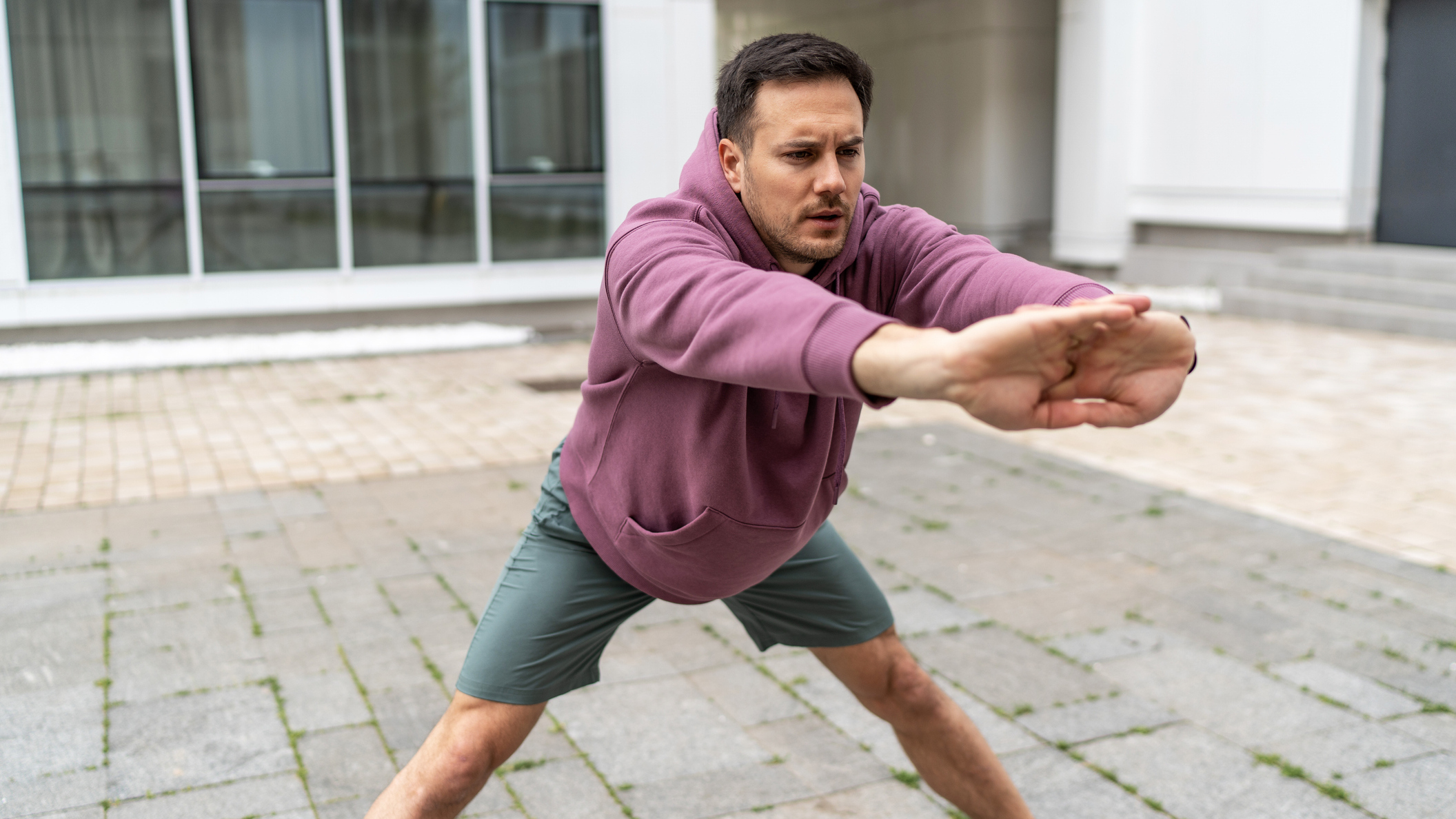 Chris Hemsworth swears by something called Foundation Training to keep back injuries at bay—here's how to master one of its core movements
Chris Hemsworth swears by something called Foundation Training to keep back injuries at bay—here's how to master one of its core movementsTime to introduce this into your daily routine
By Sam Rider